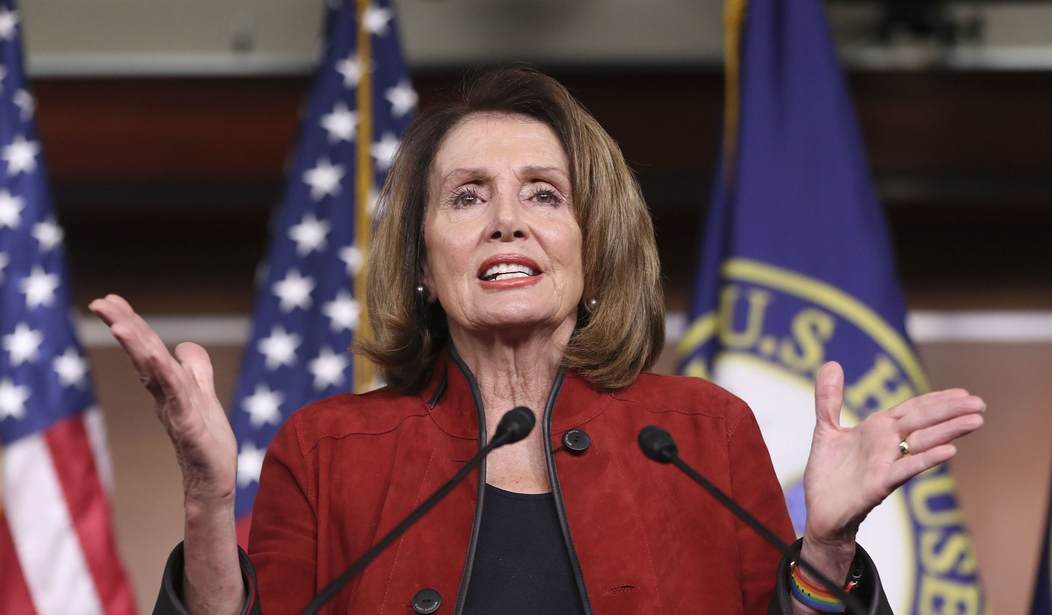A perfect storm is about to hit Congress and Congress isn’t ready.
There is a chance that negotiations could restart for a coronavirus relief bill. With the presidential race tightening up, Democrats are beginning to worry that their obstructionist policies might not play as well in November as they thought when they had a clear lead in the polls.
Then, they didn’t think they needed a bill. But the situation is changing rapidly and the Democrats may see an advantage in striking a quick deal.
But while Congress is wrestling with the stimulus bill, they’re also going to have to do something to keep the government fully funded after September 30. That too will require careful political calculation.
Sources familiar with the matter told CNN that Democratic leaders are discussing proposing a continuing resolution that would expire in mid-March. That would potentially allow a President Biden and Senate Democrats to play a major role in the next round of government funding shortly after taking office, assuming their party wins this fall.
But a senior Democratic aide told CNN the party leadership has not had in-depth discussions about the length of the stop-gap measure and “no decisions have been made.”
The political calculus is in the timing of the stop-gap measure.
The White House has informed lawmakers that it wants a stop-gap measure to keep the government afloat until mid-December during the lame-duck session of Congress, sources said. That would ensure the current Congress — with the Senate controlled by Republicans and the House run by Democrats — would have to approve a bill and get it signed by President Donald Trump even if he loses the election.
But a longer stop-gap measure into next year, known as a continuing resolution, could be more beneficial to Democrats if Joe Biden wins the presidency and if their party wins back the Senate in November.
The stakes are higher for Republicans, even if Trump wins re-election. It’s the difference between having a big influence on the continuing resolution in December or little or no influence in March if Democrats take control of the Senate.
It’s probable that some kind of pandemic relief will be included in the government funding measure.
Once the GOP stimulus plan stalls in the Senate, then talks over government funding are bound to intensify and will likely center around the length of the stop-gap measure and whether it should include economic relief like an extension of jobless benefits, aid to schools and rental assistance for people facing eviction — or if it should be free of any of those items.
Both sides insist they don’t want the government to shut down and are hopeful a deal to keep agencies funded can be reached before they run out of money on Oct. 1.
The October deadline is more than a paper deadline. All 435 congressmen and a third of the Senate need to campaign. The longer they’re stuck in Washington to deal with the shutdown threat, the antsier they’ll get. It’s likely that some kind of a short-term deal will be reached before September 30.










Join the conversation as a VIP Member